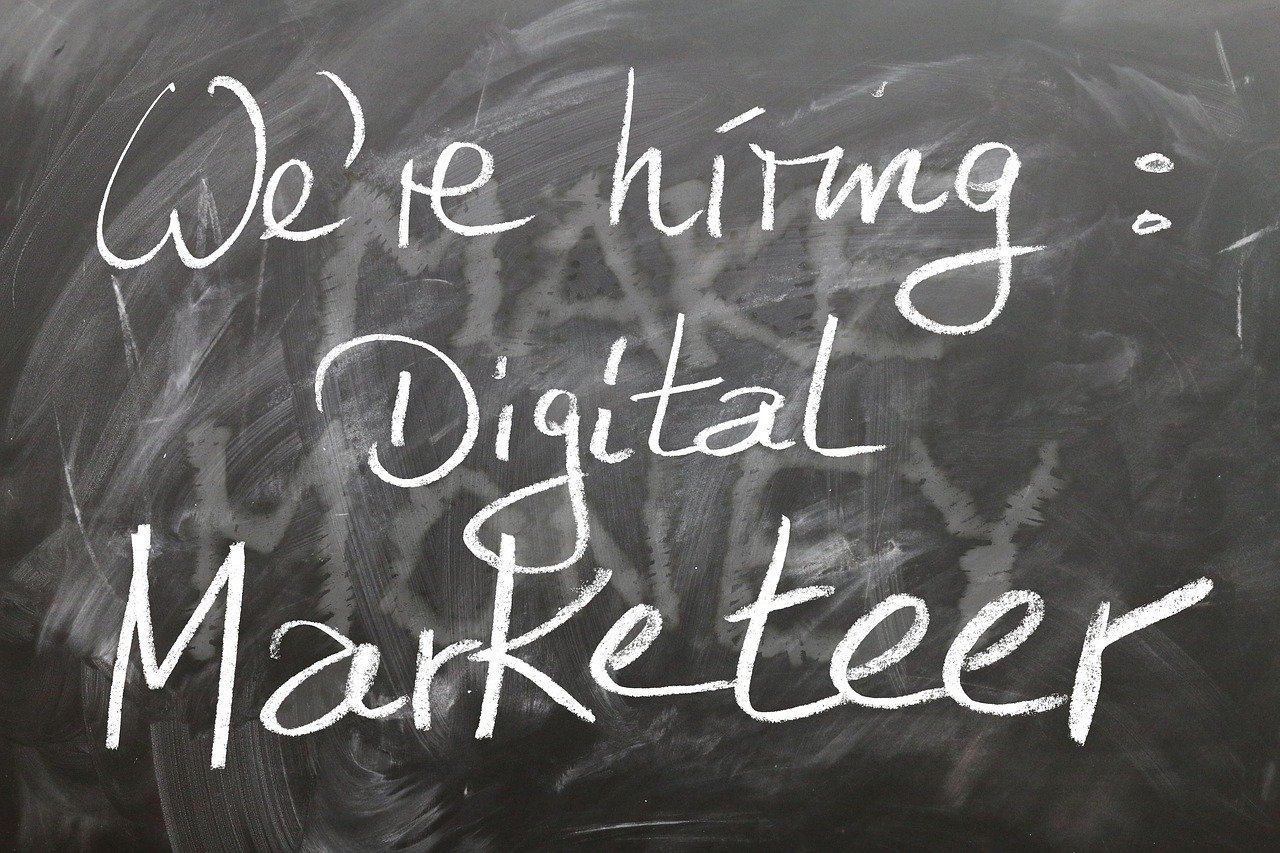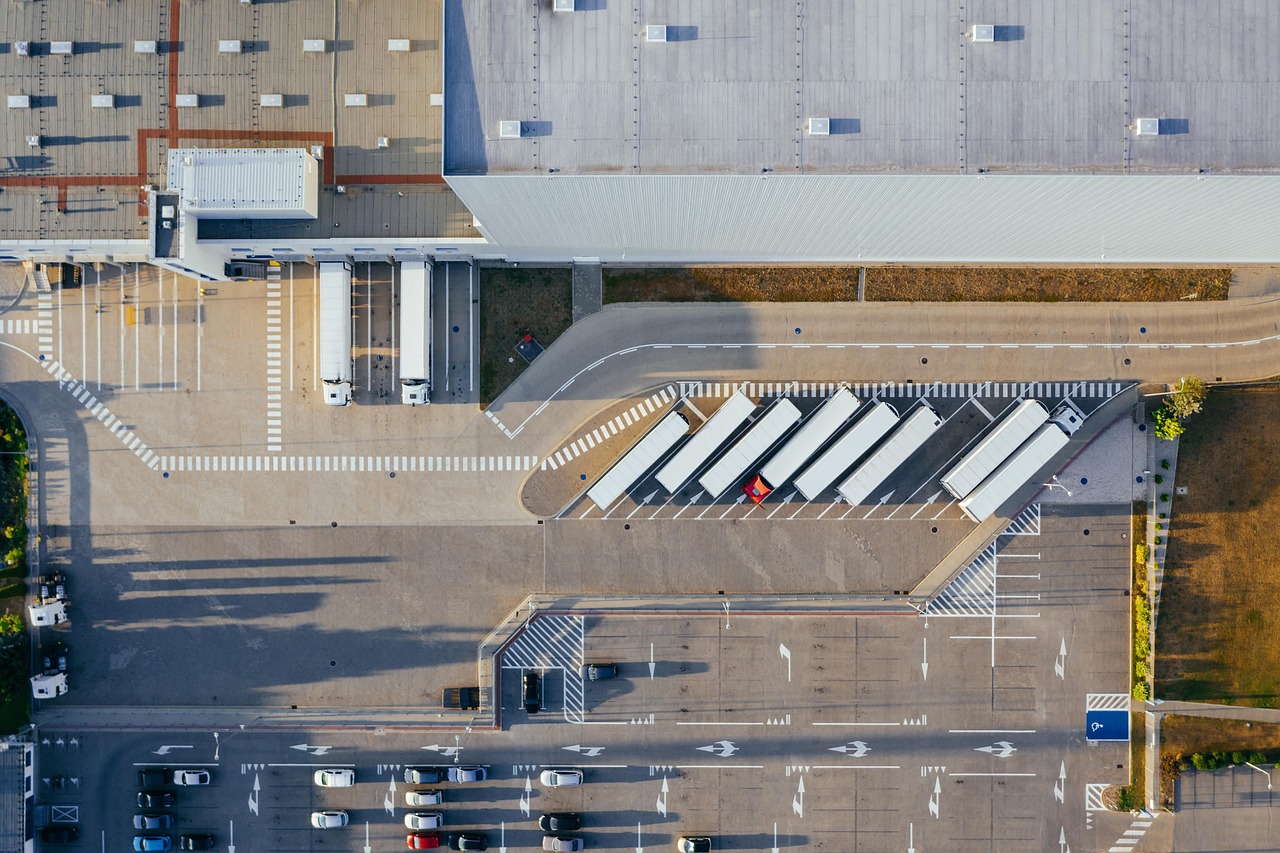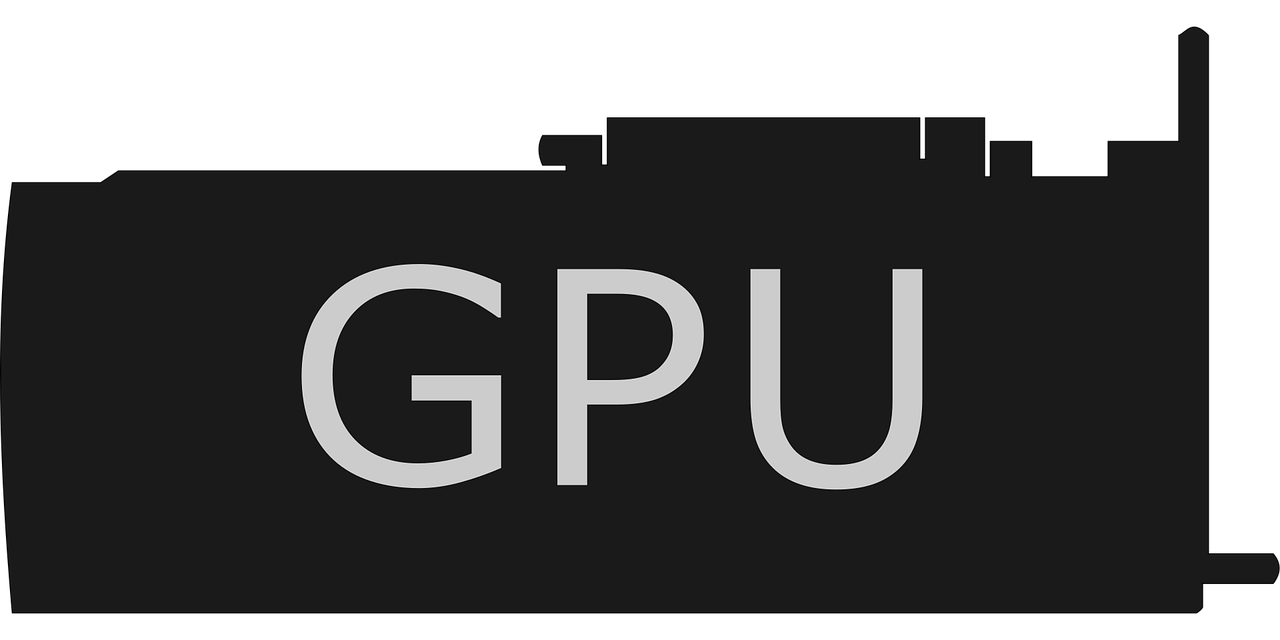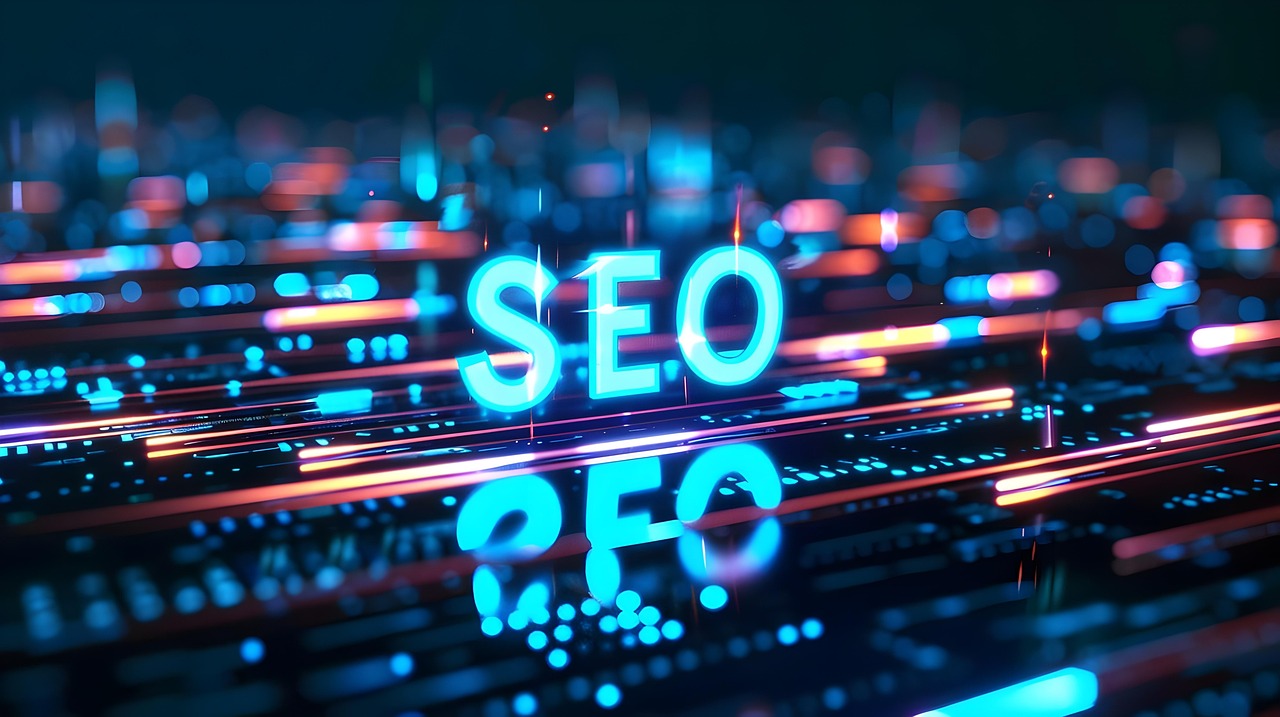AI Safety Measures Lag Behind as Power Grows: Future of Life Institute Report

Brief news summary
The Future of Life Institute's report identifies significant shortcomings in AI safety measures among leading tech firms, including OpenAI and Google DeepMind, with both receiving a troubling D+ rating. Experts such as Yoshua Bengio criticize these organizations for ineffective risk management and poor transparency. Other companies, like Meta and Elon Musk's x.AI, scored even lower, underscoring widespread deficiencies in the industry. Anthropic, a company prioritizing safety, received the highest grade of C, suggesting notable improvement is needed across all organizations. The report points out that all assessed AI models are susceptible to "jailbreaks," revealing the insufficiency of current security protocols amidst concerns of AI nearing human-level intelligence. Prominent voices like Stuart Russell advocate for concrete safety measures rather than complex system dependencies, while Tegan Maharaj emphasizes the need for independent oversight beyond internal evaluations. To tackle these challenges, the report calls for rigorous safety standards and highlights that some issues may require technological innovations. It stresses the value of initiatives such as the AI Safety Index to encourage responsible AI development and implement best practices industry-wide.As companies develop increasingly powerful AI, safety measures seem to be falling behind. A recent report, published by the Future of Life Institute, reveals concerns about potential harms from AI technology used by firms like OpenAI and Google DeepMind. Flagship models from these developers exhibit vulnerabilities, and while some companies have enhanced safety protocols, others are trailing behind. This report follows the Future of Life Institute's open letter in 2023 advocating for a pause in large-scale AI model training, which garnered significant support. The report, created by a panel of seven independent experts, including notable figures like Turing Award winner Yoshua Bengio, assessed companies across six areas: risk assessment, current harms, safety frameworks, existential safety strategy, governance and accountability, and transparency and communication. Threats evaluated ranged from carbon emissions to AI systems going rogue. According to panelist Stuart Russell, activity under the paradigm of 'safety' at AI companies is not yet very effective. The ratings assigned reflect this, with Meta and X. AI receiving the lowest scores, while OpenAI and Google DeepMind scored slightly higher but were still deemed insufficient.
Anthropic, despite its emphasis on safety, received only a C grade, suggesting even leading players have improvements to make. All companies were found to have models susceptible to "jailbreaks, " exposing their systems to risks. Panelist Tegan Maharaj from HEC Montréal stresses the need for independent oversight since relying on inner-company evaluations can be misleading due to the lack of accountability. Maharaj mentions "low-hanging fruit, " or simple safety improvements that some companies are ignoring, such as risk assessments at Zhipu AI, X. AI, and Meta. More complex issues require technical breakthroughs owing to the inherent nature of current AI models. Stuart Russell highlights the absence of guaranteed safety under the current AI approach, which relies on vast data sets, and acknowledges the increasing difficulty as AI systems grow larger. Bengio emphasizes the necessity of initiatives like the AI Safety Index, believing they are vital for ensuring companies adhere to safety commitments and for encouraging the adoption of responsible practices.
Watch video about
AI Safety Measures Lag Behind as Power Grows: Future of Life Institute Report
Try our premium solution and start getting clients — at no cost to you















